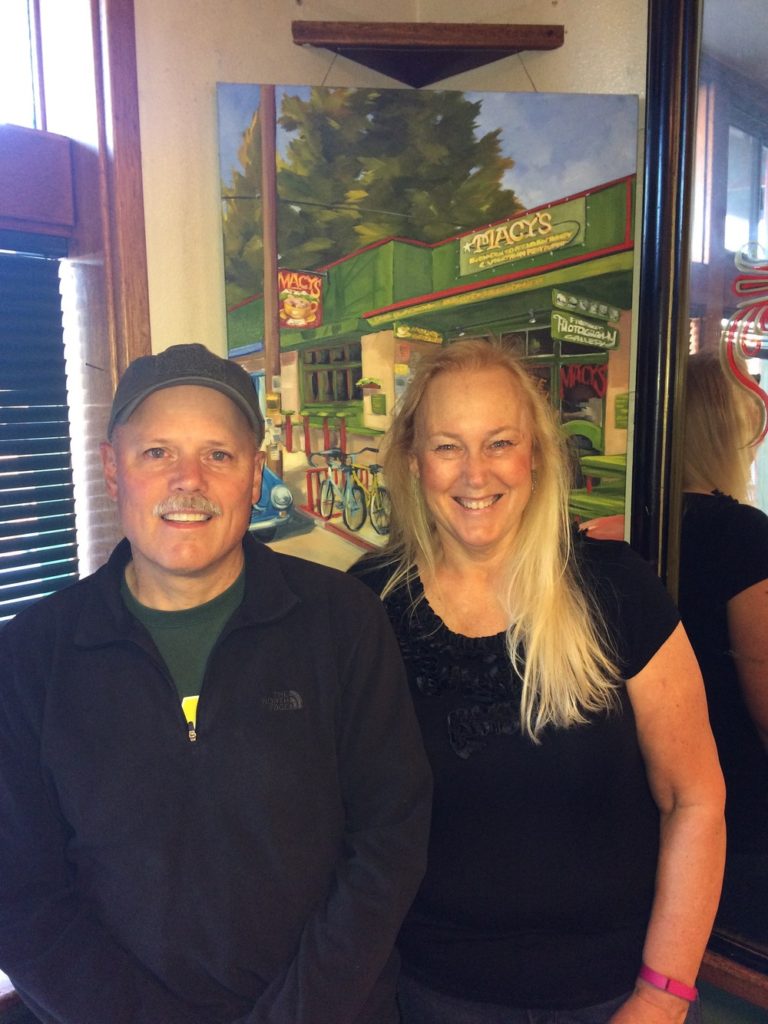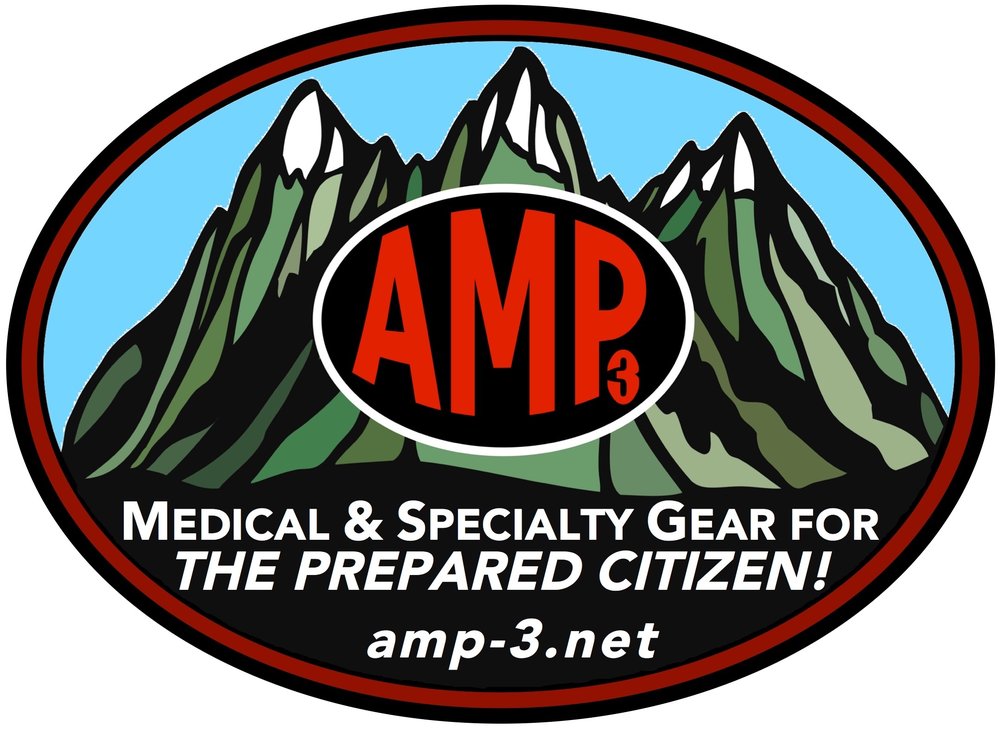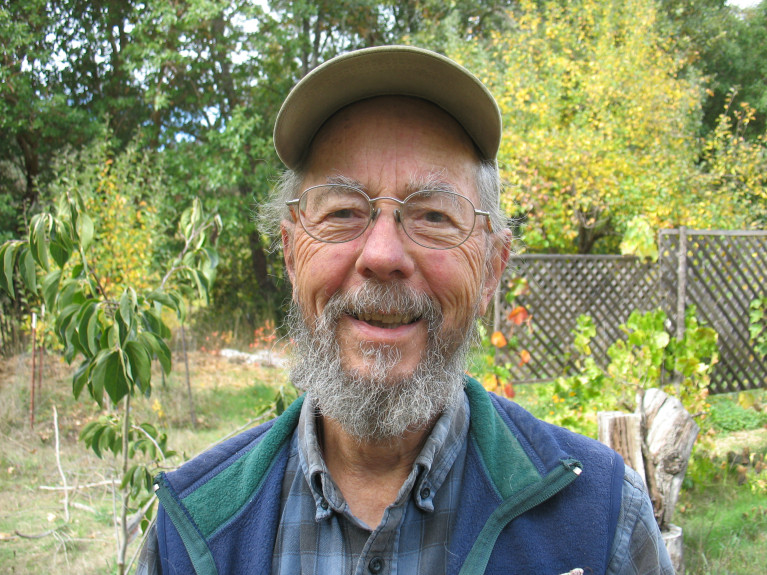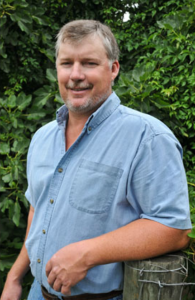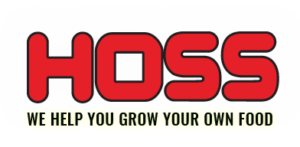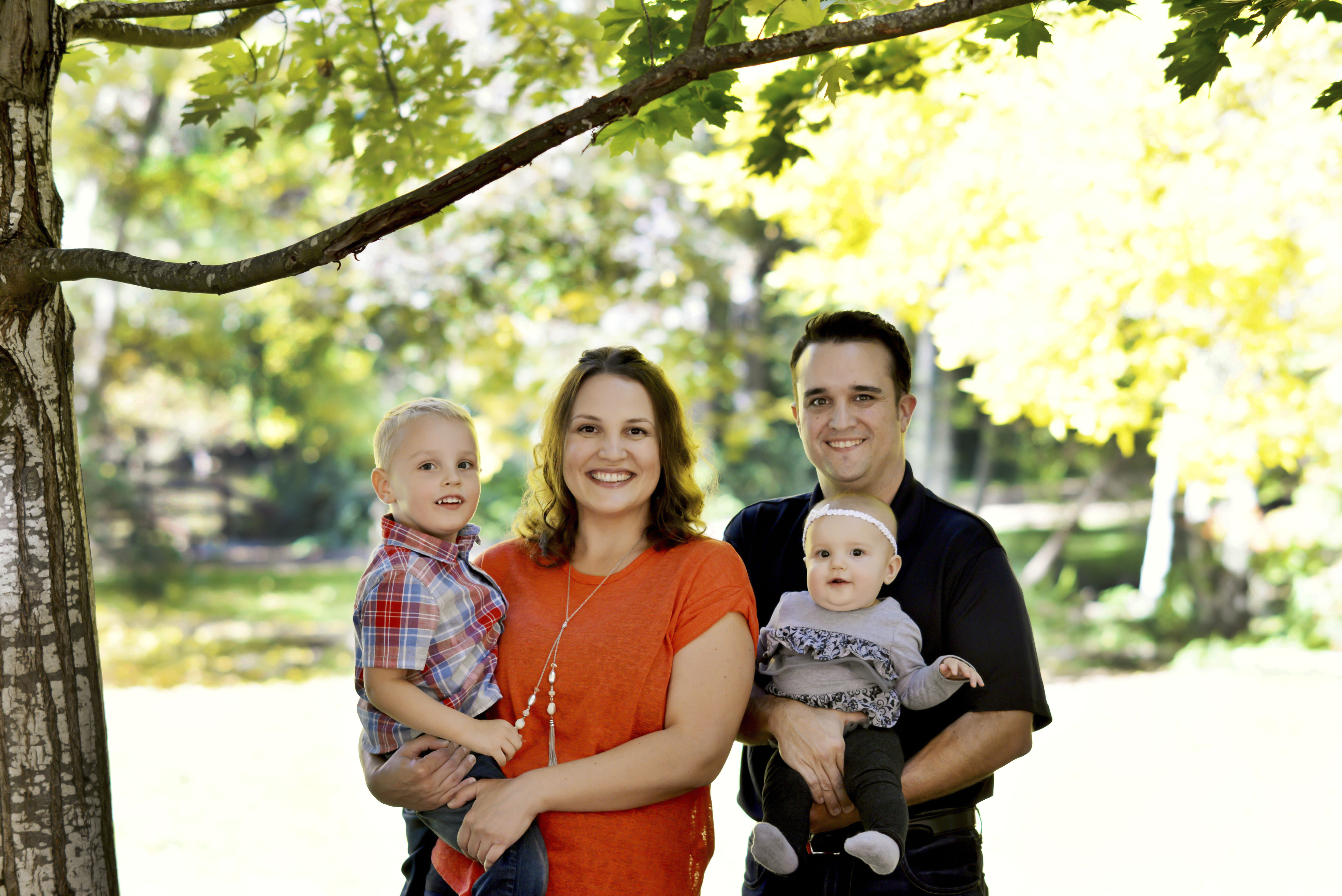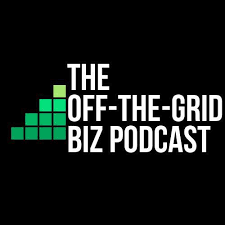Podcast: Play in new window | Download
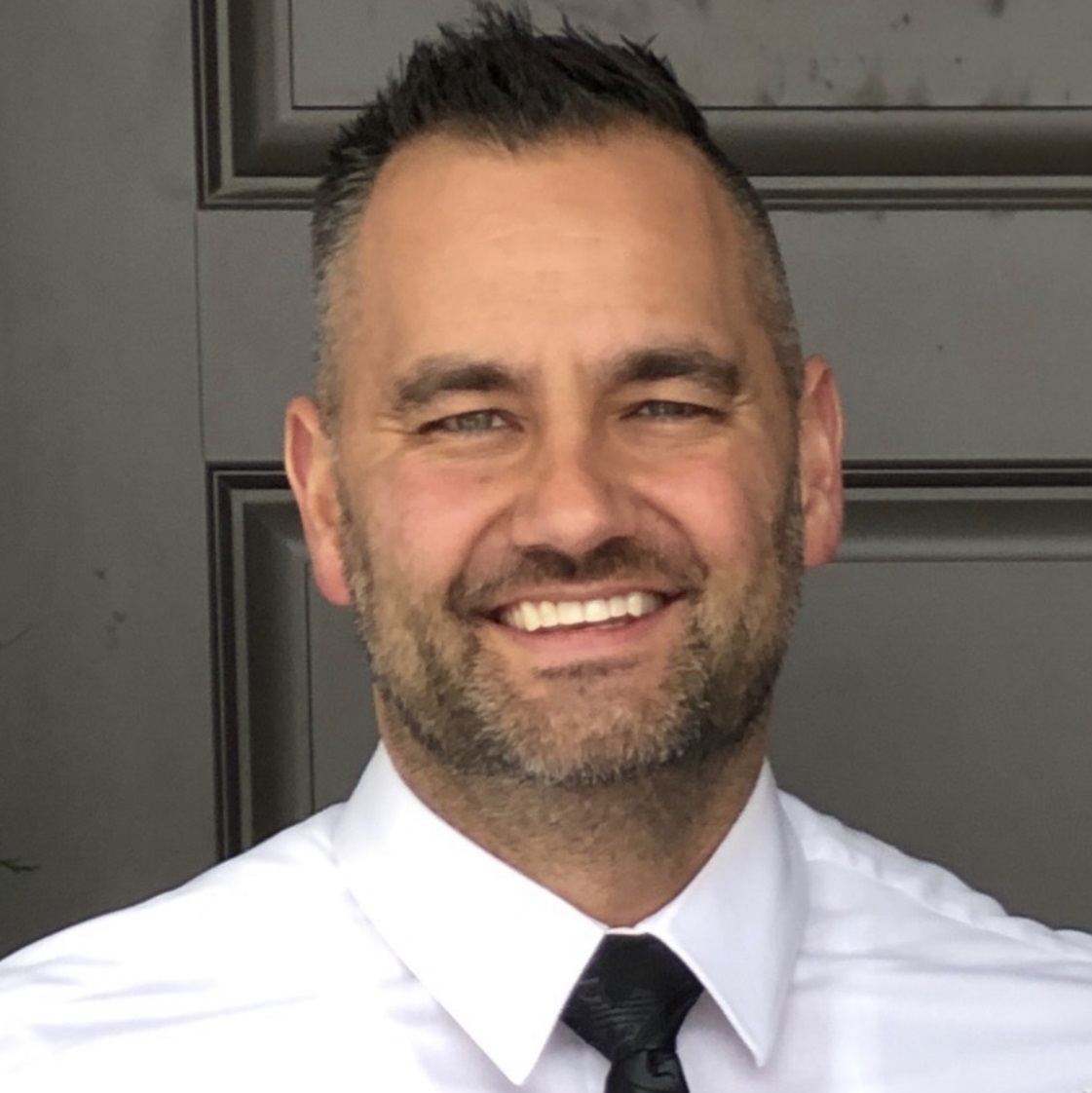

Looking past the amazement of people lining up for full carts of toilet paper in the month of March. The real underlining concern for most Americans was for safety for their loved ones yes, but also an all too real lack of practical preparedness.
Join us today as Joe Rieck of Emergency Essentials (BePrepared.com) shares what life has been like since sales started to climb in the month of February. From challenges the company has faced to the customer letters of gratitude Joe’s received that help him and the staff know they are making a difference in tough times.
Our hopes align with Joe’s that in light of these challenges, people will view preparedness as a practical and safe thing to do in the future.
Find out more at their website and be sure to pickup a QSS certified, 1-Month Food Supply – https://beprepared.com/
Full Transcript
Brian: Joe Rieck is the VP of sales for Emergency Essentials. It can be found online at BePrepared.com.
He’s been involved with emergency preparedness for over 14 years, and he has helped thousands of people to become better prepared. Joe Rieck, welcome to the Off The Grid Biz Podcast.
Joe: Hey, thanks Brian for having me on. It’s a pleasure to be here with you.
Brian: So why don’t you let everyone know a little bit about what it is that you do?
Joe: Okay, so emergency essentials, we specialize in long-term emergency food, and this usually consists of freeze dried items as well as dehydrated items. We have a wide selection of fruits, vegetables, meats, ready made meals, MRE’s, we have a wide selection of emergency gear, 72 hour backpacks, water filtration systems, anything you can kind of think that you might need an event of an emergency or disaster. We try to have you covered.
Brian: Great.
How did you personally end up here? What’s your life story up to this point?
Joe: Well, you know, about 10 to 11 years ago, I was involved with a company that we started a long-term food storage company that grew. And we ended up selling that off a couple years ago.
Typically once companies get in the hands of private equity groups, the mission kind of changes a little bit.
I was lucky enough to be found with a group called Emergency Essentials. And I’ve been here for over two years. It’s a great little company, we’re a privately held, there’s no private equity group that is responsible for to.
We have one owner and that’s the only person that we listen to, and that we kind of take advice from. And so it’s very, very simple.
We try to just be there for our customers the best that we can. So I actually love what we do here at Emergency Essentials and it’s been a lot of fun over the past couple of years.
Brian: Oh, fabulous.
So what where do you find new customers at?
Joe: Well, let me just tell you right now they’re coming out of the woodworks with this whole COVID-19 pandemic that we’re going through. It’s like, a flip was switched and everybody in the world kind of became well aware of the need to have a backup plan.
As you can imagine, with this COVID crisis that’s going on just our industry, our business, I mean, we’ve been hit tremendously hard, you know, in a positive way, because the amount of interest that we have in our products. And so it means it’s caused a little bit of hiccups from a business perspective as far as having the capacity to produce and to make the food and to get it packaged and prepared and shipped out, which caused some trouble that way as far as having a backorder list.
But as far as the knowledge and the need to educate people, the media has done a great job of showing what happens in the event of a disaster with the shelves being cleared off.
I think we all kind of went through that several months ago where we couldn’t even find toilet paper, for crying out loud. These things happen and it brings your awareness to a different level of, “oh my gosh, our system is so fragile.”
People don’t understand how fragile our economy is, just the grocery stores the logistics, you know, the inventory control systems that people get their shipments in these grocery stores the night before they sell it.
It’s not the way that it was 30, 40 years ago, where they had all the backroom full of supplies, it kind of brings to light, like I said, what people kind of realized, “Oh, my gosh, things are super, super fragile. I need to get prepared. I need to be self sufficient emergency essentials.”
We’re here to help people do that.
Brian: Really makes sense that you’d be going through that type of growth right now, especially with everything that’s going on.
At what point did you start seeing change from the business perspective? And how did that all come about?
Joe: A lot of our customers they’re kind of in the know already. And so I kind of feel fortunate in the fact that once we started seeing an uptick in sales and more traffic and more talking behind the scenes with our customers and kind of their feeling of what was happening.
We started to see sales increase the first part of February or the end part of January, we saw a significant increase the last two weeks of January and right on into February.
A lot of our customers, they’ve been prepping for years. And they’ve been kind of seen and kind of watching what happens and they’re proactive. That is one thing that our customers are very good at is they are good at kind of seeing stuff that’s coming down.
They’re being proactive and kind of hedging that curve, if that makes sense to get the things that they need. So that way they can be self sufficient if they needed to.
It didn’t become mainstream until February 26.
That was the day that everything just kind of blew up where it became mainstream. Everybody was concerned about it. Everybody wanted to kind of get prepared. It’s been that rise ever since February 26.
But we felt that probably about a month before the mainstream population really felt that something was going to be happening.
Brian: Makes sense.
So apart from your online business, are there other places where you guys do marketing or advertising?
Joe: There’s really not. Emergency Essentials, believe it or not, we’ve been around here in the Salt Lake City area for over 30 years here locally, people would come into our retail stores.
We have three different locations throughout Salt Lake City, Utah, and in the Wasatch Front, unfortunately, two years ago, we closed down those stores because we would just do more volume through our website, and more business outside of Salt Lake City, Utah, to where it just didn’t make sense to keep those stores open.
We are strictly online we are at BePrepared.com is our website. We do not have a lot of resellers or other companies that are authorized to sell our products.
It’s something that we’ve kind of shied away from on purpose, because we always want to be there for our direct to consumers.
We want to be the source. We want to be the place where they go to get it because once you start involving wholesalers and distributors, it increases the cost for everybody. So we want to be your one stop shop your direct source to the product from the people that actually manufacture it and make it
Brian: Absolutely, boy, that’s great.
What would you say is your ideal customer? If you had to describe them if they were out in the audience, what would they consist of?
Joe: As simple as it sounds, I would just say moms and dads, somebody who has the responsibility to care for not only for themselves, but they have the chart of other people, whether it be their own kids, whether it be their stepkids, or whether it be their their aging parents, anybody that has to continue to survive and look out for others, I think is our ideal customer.
Most of our customer base is going to be a little bit older generations, grandma’s grandpa’s, just because they have a little bit more of that disposable income.
They can afford to to purchase this stuff because there’s a lot of younger families that it’s a struggle for them to make ends meet a lot of these younger families, they’re still going to school. They’re not really establishing their careers.
So nobody really thinks about wanting to be prepared except for those who have already passed that point in there life.
A lot of our customers are in fact grandparents who see the need to help out their kids and their grandkids and say, “hey, let me get you a month supply for you and your family.”
That way you guys can have it just that way they know that they’re okay, and that they’re going to be okay, if that makes sense.
Brian: Yeah, absolutely.
So what’s your top selling product?
Joe: Our top selling products is going to be our month supply packages.
The really neat thing about these things is that we focus on making sure that you get the calories that you need for survival.
Brian, there’s a lot of companies out there who sell emergency food, don’t get me wrong, and there’s some really good companies out there. But one thing that they fail to mention, and they fail to really focus on is providing the right amount of calories, as well as the right amount of protein for survival.
If you were to do it, like just a general question to a lot of your audience, you’d say well, how many calories you need to survive, and everybody’s just kind of their top of their mind.
They’re gonna say we 2,000 calories, and they get that information from the USDA. They get that information from the FDA based off the studies and so to that calories is kind of like the tipping point, yes, some people need a little bit less, some people need a little bit more.
But 2,000 is what we consider what you need for survival.
The other part of that is also going to be the protein, you got to have at least 40 grams of protein per day for survival. You don’t want to just have to struggle during any type of an emergency.
But you got a lot of other things going on that you have to worry about and focus on it. So we try to take that guesswork out and make it simple for you.
So our best selling packages, they’re going to be our month supply packages that are QSS certified. And what that QSS certification stands for it stands for quality survival standards, where if you see that symbol on our product, you know that you’re going to get a over 2,000 calories per day and be over 40 grams of protein per day.
And that’s really where we stand out is no other companies can compete with having 2,000 calories per day as well as 40 grams of protein per day for the price point that we offer it out.
Brian: Wow, that’s great. That’s really cool. Kind of a mouthful, but it is interesting
Joe: Because that isn’t discussed a lot because of the difficulty of having to bring proteins into emergency prep food. Because a lot of companies will be like, “well, hey, look, look how many thousands of servings you’re gonna get for you and your family.”
But when you do the math on it, you’re living off of five 600 calories per day, and I’m sorry, Brian, you’re not going to survive off a five to 600 countdown, you’re just not going to. Like I said, we want to just provide an outstanding product for our customers where they know that what they have sitting there in their pantries or in their closets, is going to do exactly what they intended to do is to get them through those rough times.
Brian: Make sense, makes sense.
Joe, what do you like best about your business and your industry?
Joe: Honestly, I was asked that the other day, and what I love about this, and I know this is gonna sound like a major cliche, and it’s gonna sound really, really cheesy, but I’ll be honest with you, Brian. It really was brought to light over the past few months because we get hundreds of letters on a daily basis from our customers and going through those letters and actually seeing our product being used for what it’s intended for.
That’s the reason why we do it.
We got stories of parents who were unable to go to the grocery stores because they had loved ones that were susceptible to COVID. And they needed this help to shelter in place. They didn’t have enough food to get them through from the grocery store and guess what they were using.
They were literally using our product, they would go to the buckets, they’d grab up the pouch of the macaroni and cheese, add it to board and water and bam, they’d have dinner for them and their family, hearing those stories of people actually needing using our products.
That’s what’s so satisfying about this. That’s what keeps me coming back to work when things are hard and things are slow or whatever. But just knowing that we are really making a difference. It’s a feeling that I had that I felt the first time I ever sold my first mergency bucket, believe it or not, was just knowing that that family has something that they can fall back on if they ever need to do it.
Over the years, I’ve learned Brian that it doesn’t take a national pandemic for you to want to be prepared.
You think about if dad or mom were to lose their job, the income earner for that family, and they don’t have the ability to go out and purchase the food is that not an emergency for that particular family?
Just by having something stored away, whether it’s a week supply, whether it’s a month supply, whether it’s a year supply, having something that you can fall back on, that provides a peace of mind, for any parent, any any person out there who has to really provide for others?
Brian: Yeah, great. So that on the other end of things, if you could change anything about your business or the industry as a whole, what would it be?
Joe: 10 years ago, you would be considered one of the crazy preppers are one of the crazy guys, the conspiracy theorists out there. The guy that thinks that zombies are going to start walking around, you know, and capping off people. You don’t have to be like that.
I’m a person that I do believe that bad things happen. I do believe that earthquakes happen, that tornadoes happen, that economic things happen, and I don’t think anybody’s immune to those types of disasters.
Just creating that stigmatism isn’t away from that crazy conservative, grab your guns, nobody’s going to come take my family type of mentality. That is completely washed out the window.
Today, I look at it as like car insurance. We don’t buy car insurance hoping that we can get into an accident. We buy car insurance just in case if we find ourselves in that situation something to kind of help us out.
Same type of concept with this food.
We don’t buy this product hoping that the world is going to fall apart and that the US dollar is going to fail or that zombies are going to walk around. We buy this just in case something happens.
There’s a flood, the power goes out If dad loses his job, if there’s a national pandemic and they say, “Hey, stay in your house” or whatever. That’s the reason why you buy this stuff.
That’s the reason why we have it is just to prepare for those times. And I don’t think there’s anything wrong with wanting to be better prepared.
Brian: Hmm. Well, that’s a great point.
If you and I were talking and a year from now, we got back to the let’s say did another show and we looked at over the past 12 months, what would have had to have happened for you to feel happy with the progress in both your life and your business?
Joe: Number one, probably to be caught up with all of our past overdue orders.
We’re still behind as far as being able to fulfill those orders, you know, and we’re hopeful that we can be caught up here the next little bit. When I say that we have been working around the clock, we literally have been working around the clock.
I mean, here at our facility, we are open. We’re only shut down for three hours in a 24 hour period.
And that’s just to stop sanitize, clean the equipment. Get ready for the next shift to come in.
We’ve been going like this since February, there’s one thing that I really want to happen is I want to be able to have the capacity if there is a big emergency or national pandemic or something like that, we could actually be able to help out everybody who needs help.
We look back at the past five months, there’s a lot of missed opportunity because there’s just not the capacity for equipment for machine times to produce the amount of food that was really needed. And I don’t Anybody any fortune 500 company could have prepared for this type of increase in business increase in demand for your product.
I think other companies would have failed to where I pat ourselves on the back that we’ve done a tremendous job of being somewhat in front of the curve a little bit.
And I think we fared a lot better than a lot of our competitors.
Because we control the manufacturing, control over what we do with our machines and how we produce our machine. What items we produce.
It’s just a matter of having that extra built in capacity, having a backup plan for our backup plan that had a backup plan. It’s just nobody could prepare for that.
That was one thing that if we were to have this conversation again in a year, would be to, hey, I want to be able to be caught up and go back to our two day delivery time that our customers are used to having.
Brian: So what are the obstacles standing in your way of getting there right now?
Joe: Commodities and just the way to get it because when you talk about a commodity, you know, you’re looking at our industry in the emergency preparedness industry.
We’re not like a grocery store, we’re not like the big box stores like a craft or like Uncle Ben’s rice, when those items get sold off of the shelves, because those guys do millions and millions of dollars worth of product, we’re just a small piece of that.
They get priority over those commodity items. It’s just kind of waiting our turn. Even though in the industry, we’re one of the largest in the industry. But when you do it on a larger scale, we’re just very, very small fish. The Costco’s of the world, the Walmarts of the world, those guys get first priority to the raw ingredients to the actual supplies before we do just a matter of kind of fighting for our space and making sure that we have what we need to be able to cover for our customers as well.
I think right now people are more understanding of emergency food and the need for it.
So I think hopefully with time, people can start to understand, “oh my gosh, this is not one of those crazy things to do anymore.” But more of a practical safe thing to do.
Brian: Yeah, absolutely, absolutely.
So many things that go into all the mechanics and logistics with it, I can understand. Doesn’t take much….especially with nowadays with all the demand, the increase in demand, it doesn’t take much to slow things down.
Joe: I hope going through this it kind of helps our customers understand how fragile our system really is.
And you think about what just look at like the semi trucks that haul product back and forth. I mean, those guys seriously are the lifeline of this country.
If the trucking industry were to go down for some reason, or some form of another customer get product, how do grocery stores get food?
How do businesses get the materials, the raw materials that they need in order to produce to produce a product, everything is so critical, and everything is so intertwined, that if one piece falls off, the whole system shuts down.
We experienced that as well.
We have suppliers that provide us our film that we put our food in, and if we can’t have the film, we can’t put the food in it. If we can’t get the buckets are the width for the buckets if we can’t get those in.
I mean everything just stops and everything like I said is so intertwine that it’s a very very fragile system and it’s a juggling act to make sure that you can coordinate with the bucket supplier coordinate with the film supplier coordinate with the wrong ingredients supplier coordinate machine time. It’s a tremendous feat to do that.
Brian: Absolutely. Wow, that’s incredible behind the scenes look at things. Appreciate your help here, Joe.
We have a lot of people that listen to this for the perspective of business, even though we play within the self reliance field and cover everything for emergency preparedness on so what blanket advice would you have for someone either in your position or similar that you could leave us with today?
Joe: The overall piece of advice is just keep plugging away knowing what you’re doing, there’s a phrase that I absolutely love, Brian, it’s this, “The small and simple things make you the greatest things.”
So it’s a small and simple things that you do in day to day that you got to grind away and eventually you’re going to have this big huge thing at the end of the day at the end of the week or the end of the month or the end of the year.
Keep going, it’s a constant battle.
But I think going through this exercise with COVID, and really seeing how fragile things are, it’s not a crazy idea to be prepared.
It’s not a crazy idea to have a backup plan.
You know, we talked about having evacuation plans for the elementary schools, we talked about having all these little different backup plans, but it’s not a bad idea to do it.
And I hope it doesn’t take a national emergency like what’s going on right now, for people to understand that it’s okay to get prepared, be self-reliant, because the only person that really cares about your survival is yourself.
People think that the government’s going to come there to bail them out.
While the government does a great job as much as they can. Guess what, Brian it’s gonna take a long time for them to actually come to your door and be like, Hey, what do you need?
And that’s just not gonna happen.
Be self-reliant, be self-sufficient, and do what feels right, follow your gut.
That is one thing that is interesting is before all of this started, I can tell you numerous times I got a phone call saying, “Hey, Joe I don’t know why calling you, but I feel like I need to get something just because something’s going to be happening.”
I could tell you countless times, Brian when my phone would ring and that would be the conversation before this whole pandemic thing happened. Follow your gut.
If you feel like you need to do something, do it and act on it. Don’t just listen to it, but you got to act on it as well.
Brian: Absolutely. Great advice. Joe, where can people go to find out more about Emergency Essentials and anything that you guys provide?
Joe: Right you guys visit our website, go to BePrepared.com, browse our website.
It’s a very, very simple website. Don’t feel overwhelmed.
We have also preparedness specialists on the phone that you can call our toll free number. You can talk with myself, you can talk with you know some of the other preparedness specialists that can guide you through different plans and different options.
Because there’s just not a cookie cutter size. There’s not a one size fits all package because every family is going to be different
Brian, every family’s gonna have different needs different wants different habits.
Talking with a preparedness specialist. They can guide you through the things that you need.
They can help you get your basics covered.
They can help you get your more advanced stuff covered, help you come up with a plan to follow does take time to do this.
You can start off small and grow it up over time so that we can be prepared for it. Give us a call.
We’re more than happy to walk you through this. We’re happy to talk to you happy to share with you what we’ve discovered over the past little bit, what works best for us.
We can help you with whatever you guys need.
Brian: Fabulous. Okay, Joe Rieck from Emergency Essentials, thanks so much for being on the Off the Grid Biz Podcast.
Joe: My pleasure, Brian. I hope we can do this again sometime.
Brian: Absolutely.
Brian’s Closing Thoughts: There it is another great conversation. I really enjoyed my time with Joe and there were about three things that I think stood out.
The first thing, he has a great ability to present his ideas, he clearly understands it and has all the facts and figures right on the tip of his tongue. That’s really good.
I know a lot of people might see that as kind of shallow praise, but it’s not because you need someone like that you need somebody and remember, he’s the VP of sales. He’s not the owner of the company.
He’s the VP of sales. And so that’s his job.
If you’re not the one that’s out there, doing the promoting, and you don’t have anyone that is ideally set to be the promoter, you need someone you need someone like Joe on your team, and I appreciate him for his ability to be able to do that.
Second thing is when he was discussing their ideal customer, as anybody that’s responsible for somebody else. So whether you’re talking about parents, or whether you’re talking about children, taking care of their elderly parents or anything of that sort.
Those are the type of people that are their ideal customer.
Now that obviously that doesn’t mean this their only customer. But he knew exactly what I meant. He knew I meant ideal customer who were the people that are your slam dunk customers.
And that’s really neat to see because oftentimes when people talk about ideal customers, they talk about demographics. So they talk about their age, or their gender, and all that stuff’s great and it’s important to know all that.
But it’s also important to know the psychographic which is the things that describe how they think and feel.
That’s where he went directly to and that was really key and something that you should take note of when you’re talking about your ideal customer or thinking about or designing your ideal customer. Really think not just about who they are on the outside, what’s going on on the inside, what’s the conversation going on in their head.
The third thing is how well this company is doing during what is basically a recession brought on by the COVID-19 situation and the fact that their demand is going through the roof.
It’s not uncommon in certain sectors.
Obviously, if you’re in emergency preparedness, anything of this sort, these type of companies are having increased demand during this time, especially in comparison to where it was just before, I would recommend that you at least have some element of your company that may not be doing great all the time.
But when times get tough, it’s where people run into.
I saw a lot of people in the emergency preparedness and survival niches that were having a tough time during the good economic times leading up to 2020. And then as soon as COVID-19 hit and you had forced quarantine and so forth, you had everything being pulled back, and all of a sudden things like emergency preparedness go through the roof.
So it’s an important thing to keep in mind with your business. You have an element of your business that though it may go bad and good times should have an element that goes good and bad times if you get my drift on that all these points and plus all the other little nuggets that Joe brought up.
I think it makes this worth relisting to, again and again. So go back and re-listen to this conversation sometime and I think it’ll be helpful to you too.
Outro: Join us again on the next Off The Grid Biz Podcast brought to you by the team at BrianJPombo.com, helping successful but overworked entrepreneurs, transform their companies into dream assets.
That’s BrianJPombo.com.
If you or someone you know would like to be a guest on The Off The Grid Biz Podcast, offthegridbiz.com/contact. Those who appear on the show do not necessarily endorse my beliefs, suggestions, or advice or any of the services provided by our sponsor.
Our theme music is Cold Sun by Dell. Our executive producer and head researcher is Sean E Douglas.
I’m Brian Pombo and until next time, I wish you peace, freedom, and success.
